Keywords: Australian Politics
-

EDUCATION
- Ben Lohmeyer
- 07 February 2024
2 Comments
In a hierarchical society, we routinely celebrate and reward various dominating and competitive behaviour. When children and young people replicate this in the playground, we call it bullying. Anti-bullying measures may be more effective shifting the focus away from perpetrators and on the social and institutional context.
READ MORE
-

AUSTRALIA
- Holly Lawford-Smith
- 02 February 2024
1 Comment
How can we make progress on the question of whether debate can do harm, and if it can, whether that’s a sufficient reason to suppress particular debates? Or should we adopt a ‘no debate!’ approach to particular topics ourselves?
READ MORE 
-

AUSTRALIA
- Tony Smith
- 30 January 2024
1 Comment
This rush to the missile age is part of a broader escalation of the arms race in previously peaceful regions, distancing countries like Australia and New Zealand from their roles as honest brokers in a nuclear-free Pacific.
READ MORE
-
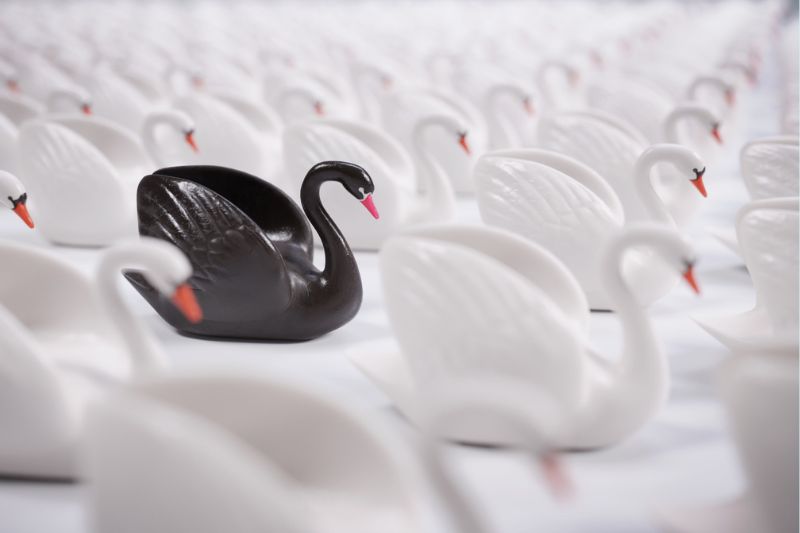
AUSTRALIA
- Max Jeganathan
- 24 January 2024
2 Comments
Even the best forecasting gets it wrong, and every year has its own 'Black Swan' events, characterised by their unpredictability and impact. They remind us that the future is unpredictable, perpetually lurching between prediction and confusion.
READ MORE
-

AUSTRALIA
- Barry Gittins
- 18 January 2024
1 Comment
It’s that time of year when futurists and prophets play fast and loose, projecting visions rife with both promise and peril, weighing the possible against the improbable. As we contemplate competing pictures of the future, although every forecast risks missing the mark, one thing is certain: 2024 won’t be a year for the faint-hearted.
READ MORE
-
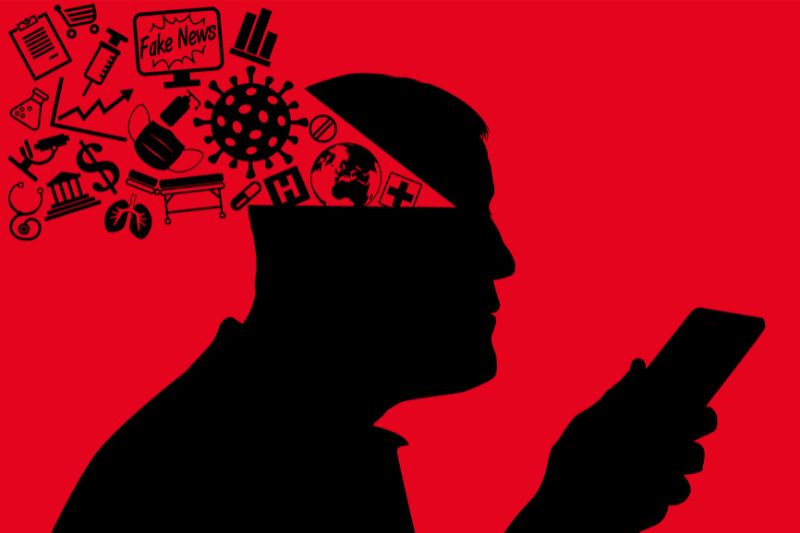
AUSTRALIA
- Frank Brennan
- 11 January 2024
As the government drafts legislation to stem the rising tide of misinformation circulating online, the nation debates: will these measures sufficiently regulate online content and curb potential harms or threaten freedom of expression? This moment is a critical test for the integrity of Australia's public discourse.
READ MORE
-
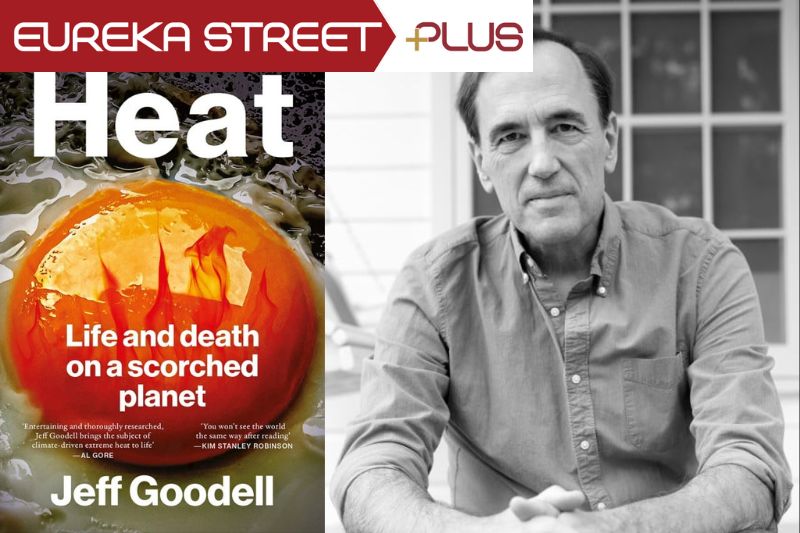
ENVIRONMENT
- David Halliday
- 11 January 2024
How will a warming planet impact us? In conversation with Eureka Street, longtime climate journalist and contributing editor for Rolling Stone Jeff Goodell discusses two decades of covering climate change, examining the effects a superheated world, and how humanity will need to adapt.
READ MORE 
-
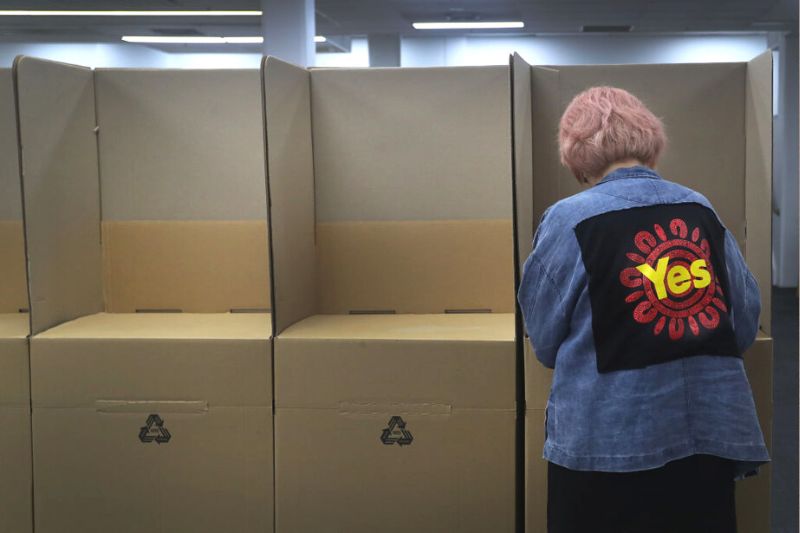
AUSTRALIA
- Joel Hodge
- 04 January 2024
The Australian Indigenous Voice referendum has been rejected, as anticipated by many, with the meaning and consequences now up for debate. This debate may be as crucial as the referendum debate itself to determining the future of reconciliation and what it means to be Australian in the 21st century.
READ MORE
-
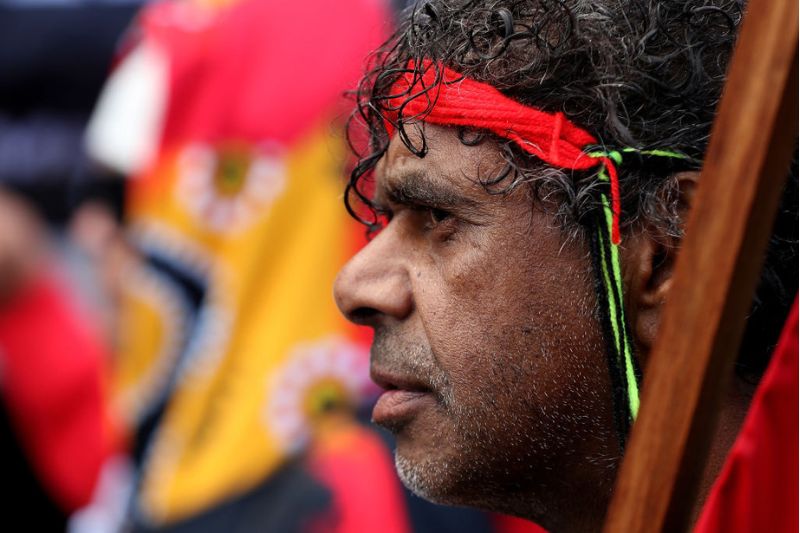
AUSTRALIA
- Celeste Liddle
- 04 January 2024
Later this year, Australians will vote on a referendum to enshrine an Indigenous Voice to Parliament, but many Indigenous Australians remain undecided, reflecting the complexities of the issue. The debate over the Voice to Parliament extends beyond the referendum question to encompass broader concerns about the constitution, treaties, and achieving true equality.
READ MORE
-
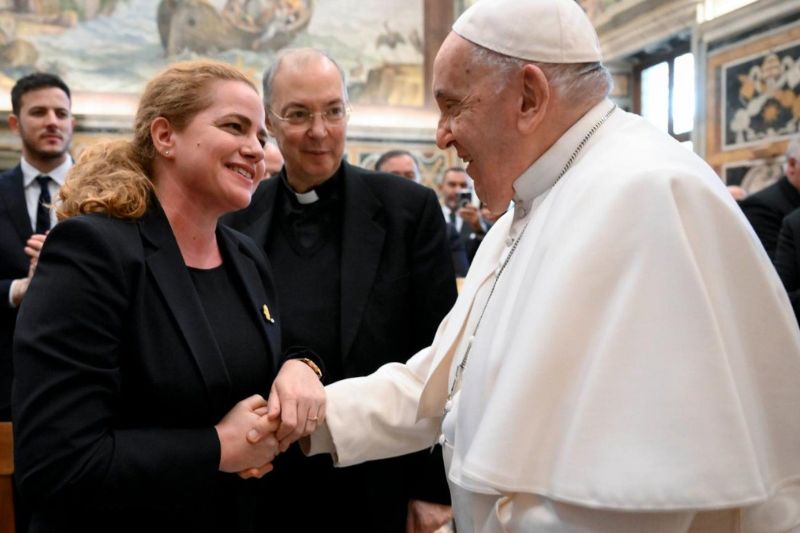
AUSTRALIA
- David Halliday, Michael McVeigh, Laura Kings, Michele Frankeni, Andrew Hamilton, Julian Butler
- 21 December 2023
10 Comments
To close the year for Eureka Street, the editorial team wanted to nominate who we considered to be the Eureka Street ‘person of the year’ based on this year's newsmakers.
READ MORE
-
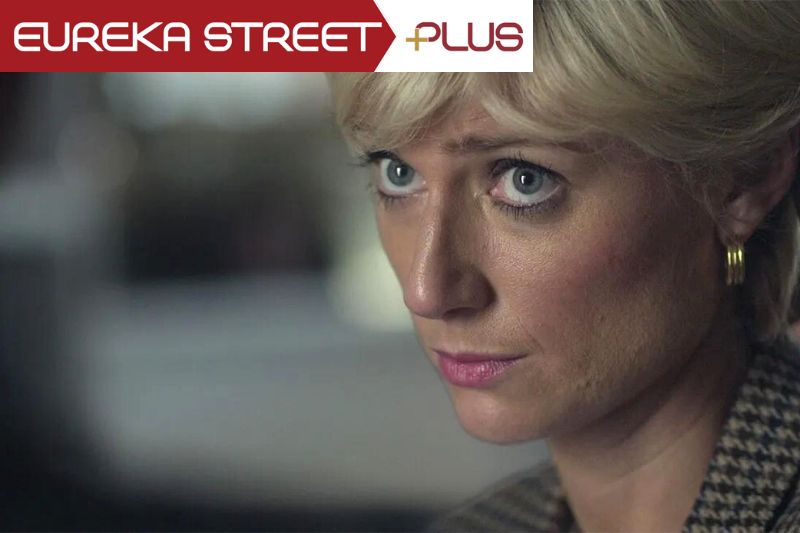
ARTS AND CULTURE
- Peter Craven
- 15 December 2023
The Crown, that extraordinary TV series about the British Royal Family, is drawing to a close, with the final six episodes released in the prelude to Christmas. In the meantime, the producers have shrewdly done a quartet of episodes about Diana, with Australia's Elizabeth Debicki giving a dazzling performance as ‘the People's Princess’.
READ MORE 
-

AUSTRALIA
- John Falzon
- 14 December 2023
4 Comments
No doubt there were some who genuinely believed that privatising employment services would result in better services at a lower cost to the public purse. But the engineers of the socially destructive projects of the neoliberal era knew very well that they were more likely to result in the enrichment of some to the detriment of many.
READ MORE